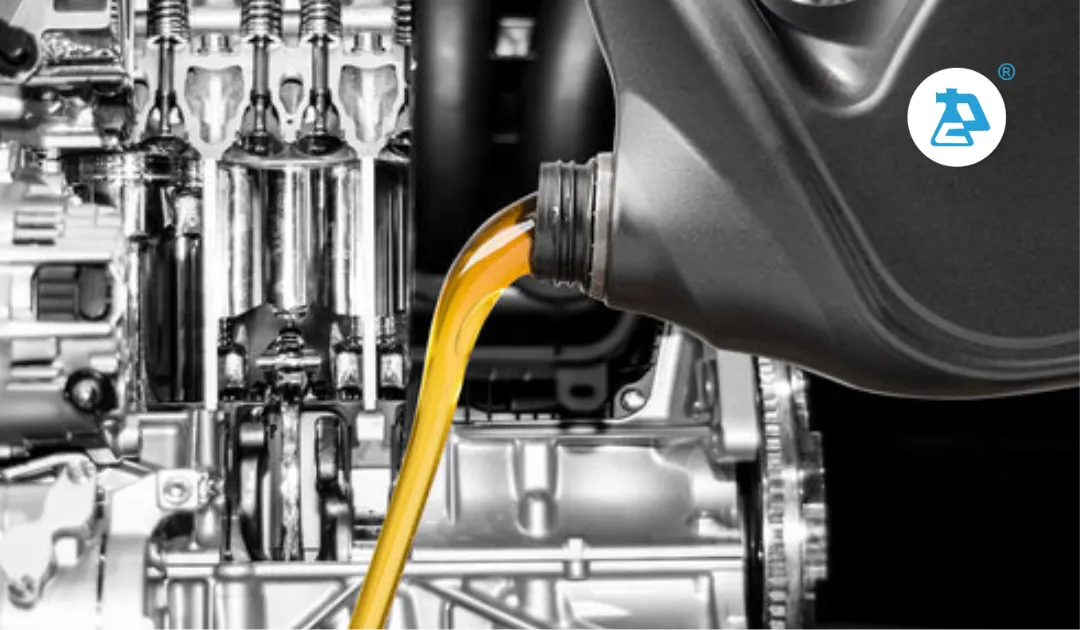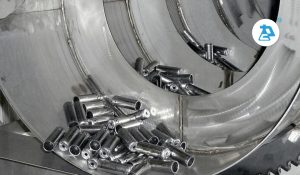Imagine your car running smoother, lasting longer, and using less fuel—all thanks to quality lubrication oil. In this quick read, discover the 15 key advantages that make high-quality lubricants a game-changer for machinery everywhere.
Introduction:
In the intricate world of machinery and engines, quality lubrication oil emerges as a silent yet indispensable hero. Its impact on the efficiency and lifespan of equipment is profound. In this comprehensive exploration, we will delve into 15 distinct advantages that underscore the importance of using high-quality lubrication oil.
Friction Reduction:
Quality lubrication oil serves as a formidable barrier against friction. By creating a protective film between moving parts, it minimizes surface-to-surface contact, thereby reducing wear and tear. This friction reduction not only boosts efficiency but also extends the life of the machinery.
Heat Dissipation:
Efficient lubrication aids in the dissipation of heat generated during the operation of machinery. Quality lubrication oil absorbs and disperses this heat, preventing overheating and potential damage. This thermal stability is crucial for maintaining optimal performance under varying conditions.
Wear Protection:
High-quality lubrication oils are fortified with additives that offer an additional layer of protection against wear and corrosion. These additives form a robust barrier, shielding metal surfaces from contaminants and preventing the formation of deposits, ultimately enhancing the lifespan of the equipment.
Improved Fuel Efficiency:
The automotive industry witnesses a notable impact of quality lubrication oil on fuel efficiency. Reduced friction and better heat dissipation contribute to more efficient engine operations, requiring less energy to overcome resistance. This translates into lower fuel consumption and a reduced environmental footprint.
Contaminant Control:
Quality lubricants are adept at controlling contaminants such as dirt, dust, and metal particles. With excellent filtering capabilities, they ensure that the lubrication system remains clean, protecting the machinery and maintaining the oil’s effectiveness over an extended period.
Seal and Gasket Maintenance:
Lubrication oils play a pivotal role in maintaining the integrity of seals and gaskets within machinery. Proper lubrication ensures these components remain flexible and effective, preventing leaks and preserving the overall functionality of the system.
Rust and Corrosion Prevention:
The additives in high-quality lubrication oil act as inhibitors, offering robust protection against rust and corrosion. This becomes especially crucial in environments with high humidity or exposure to harsh weather conditions, contributing significantly to the durability of equipment.
Extended Equipment Lifespan:
By addressing friction, heat, wear, and contaminants, quality lubrication oil collectively contributes to extending the lifespan of machinery. Regular maintenance with high-grade lubricants reduces the frequency of repairs and replacements, saving both time and resources.
Energy Efficiency:
Quality lubrication oil enhances the energy efficiency of machinery by reducing the power required to overcome friction. This not only results in lower energy consumption but also aligns with sustainable practices by promoting resource efficiency.
Noise Reduction:
Proper lubrication minimizes the noise generated by moving parts in machinery. The smooth operation facilitated by quality lubrication oil contributes to a quieter working environment, a particularly important factor in industries where noise control is critical.
Enhanced Performance in Extreme Conditions:
High-quality lubricants are designed to perform consistently in extreme conditions, such as high temperatures or heavy loads. This adaptability ensures that machinery remains reliable even under challenging circumstances, minimizing downtime and maintenance costs.
Compatibility with Materials:
Quality lubrication oils are formulated to be compatible with a wide range of materials commonly found in machinery. This compatibility ensures that the lubricant does not cause damage to seals, gaskets, or other components, promoting a harmonious coexistence with various materials.
Oxidation Resistance:
Oxidation can degrade the quality of lubrication oil over time. High-quality oils are equipped with antioxidants that resist oxidation, maintaining their effectiveness and preventing the formation of sludge and deposits within the machinery.
Improved Cold-Start Performance:
In colder climates, quality lubrication oil exhibits superior performance during cold starts. It maintains its fluidity at lower temperatures, ensuring that the engine and other components can start smoothly without undue stress or wear.
Environmental Friendliness:
Some high-quality lubrication oils are formulated with environmentally friendly additives, reducing their ecological impact. This commitment to sustainability aligns with the growing emphasis on eco-friendly practices in various industries.
Conclusion:
The advantages outlined above illuminate the multifaceted significance of quality lubrication oil. From reducing friction and dissipating heat to protecting against wear and corrosion, these benefits collectively contribute to enhanced efficiency, prolonged equipment lifespan, and overall operational excellence. The choice of lubrication oil becomes not just a maintenance consideration but a strategic investment in the optimal performance and sustainability of machinery across diverse industries.





